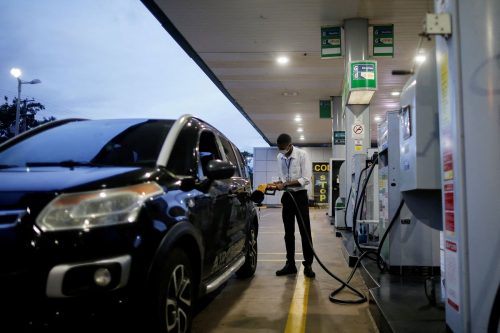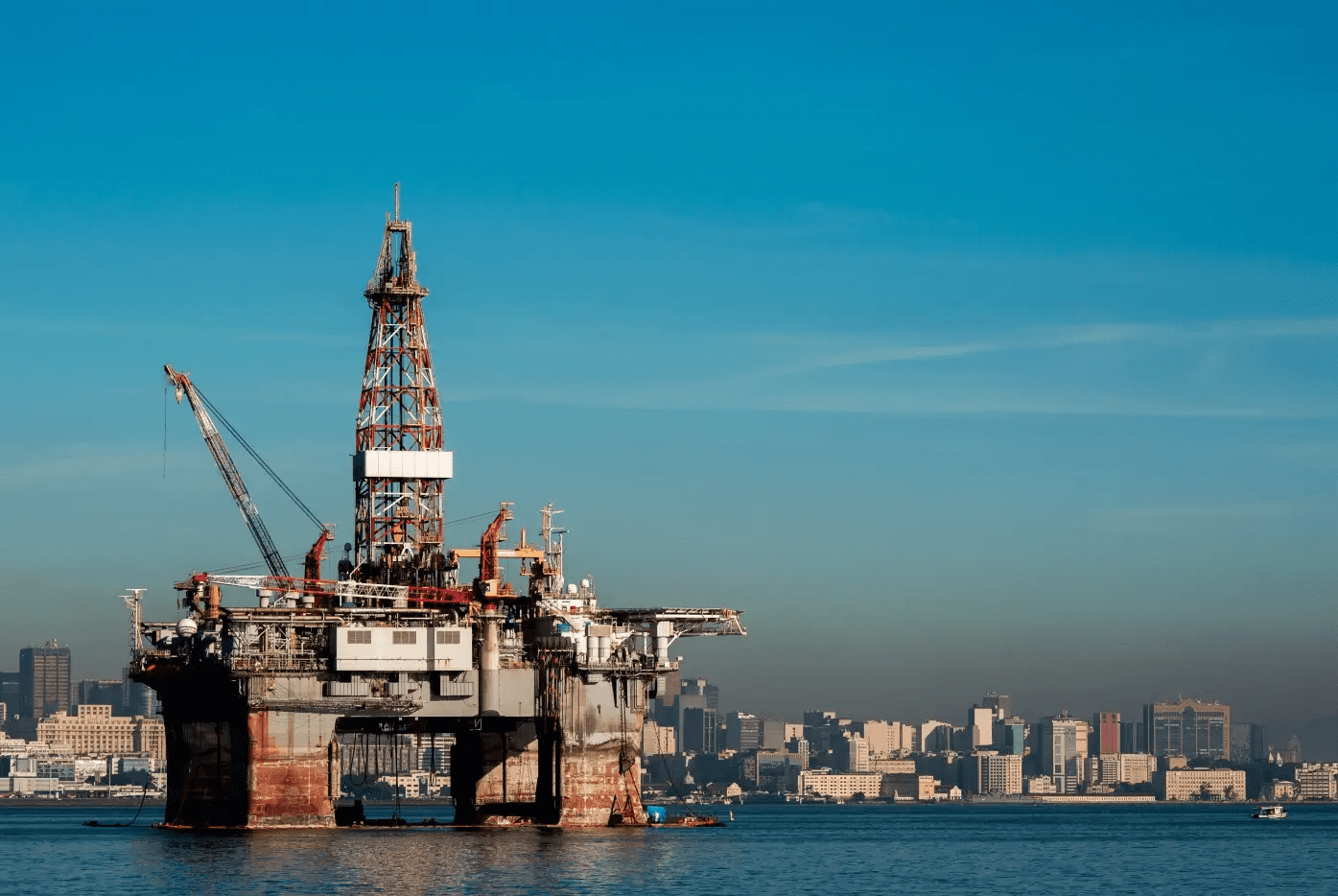The Brazilian Environmental Protection Agency “Ibama” announced the rejection of the request of the state company Petrobras to explore for oil at the mouth of the Amazon River, near the coast of Guyana.
This long-awaited decision comes after a technical recommendation from agency experts to reject the request, according to information seen by the specialized energy platform, quoting Reuters.
A technical report from the agency cited inconsistencies in environmental studies, inadequate measures to communicate with indigenous communities, and shortcomings in Petrobras’ plan to protect wildlife in the area.
This is the second refusal of drilling operations in the area, after Brazil’s Environmental Protection Agency refused to issue licenses for 5 blocks in 2018, controlled by France’s Total Energy.
disturbing contradictions
Petrobras has been trying for years to open a new exploration front on the coast of Amapá state in northern Brazil near Guyana, where ExxonMobil has made important discoveries.
The head of the Brazilian Environmental Protection Agency, Rodrigo Agostino, said – in a statement seen by the specialized energy platform – that Petrobras had many opportunities to resolve controversial points in its project, but it still presented “disturbing contradictions” to work in new exploration frontiers with “social vulnerabilities.” And very environmental.”
The plan to drill exploratory wells in the “FZAM-59” block had sparked strong resistance from activists, who warned of the potential damage that might be caused by that plan.
Environmental licensing procedures for this block began in 2014, at the request of the project’s original contractor, BP Energy do Brasil.
Oil exploration rights in the region were awarded to Petrobras in December 2020, according to the Offshore Technology platform.
Oil and gas discovery
Simultaneously, the Brazilian company Petrobras announced the discovery of hydrocarbons in an exploration well in the pre-salt area of the Santos Basin, off the coast of Brazil.
The well is located 260 km from the city of Santos-SP, at a water depth of 1979 metres.
The data is expected to enable the assessment of potentials and direct the following exploration activities in the region, according to information obtained by the specialized energy platform, quoting the Offshore Energy platform.
The Brazilian oil company also indicated that it is continuing work to complete the drilling of the well to the expected depth, and to describe the conditions of the reservoirs that were found.
“The Aram block is an important asset for exploring the residual pre-salt potential, particularly in the Santos Basin. In addition, the well delivered liquid of excellent quality, confirming the low levels of contaminants,” said Petrobras.
Petrobras is the operator of the Aram block, and owns 80% of the shares, in partnership with China National Petroleum Corporation, which owns the remaining 20%.

Reduce gasoline prices
In another context, Brazilian Finance Minister Fernando Haddad indicated that Petrobras will again reduce gasoline prices next July, when the tax on oil exports ends.
Haddad said – in a hearing in the House of Representatives, on Wednesday (May 17, 2023) -: “We have not reduced prices as much as we can, because we are waiting for the first of July, when the export tax ends, and the fuel tax appeal cycle ends,” according to What was reported by Reuters.
Haddad’s statements come after the state oil company announced a decrease in gasoline and diesel prices by about 13% on Tuesday (May 16, 2023), after introducing a new pricing policy that cancels the so-called fuel import parity.
The government of President Luiz Inácio Lula da Silva partially reimposed federal taxes on gasoline and ethanol in March, after a wide-ranging exemption initiated last year (2022) by former President Jair Bolsonaro, who slashed prices before elections he narrowly lost to Lula. “.
The government also imposed a tax on exported crude oil for a period of 4 months, ending in June 2023.
Haddad had said – earlier – that after this period, taxes on oil exports will end, and fuel taxes will be fully resumed.
The government maintained the tax exemption on diesel until the end of the year (2023), but Haddad confirmed – on Wednesday – that the same strategy will be applied by Petrobras with diesel, with the aim of avoiding affecting consumer prices.
related topics..
Also read..

Leave a Reply